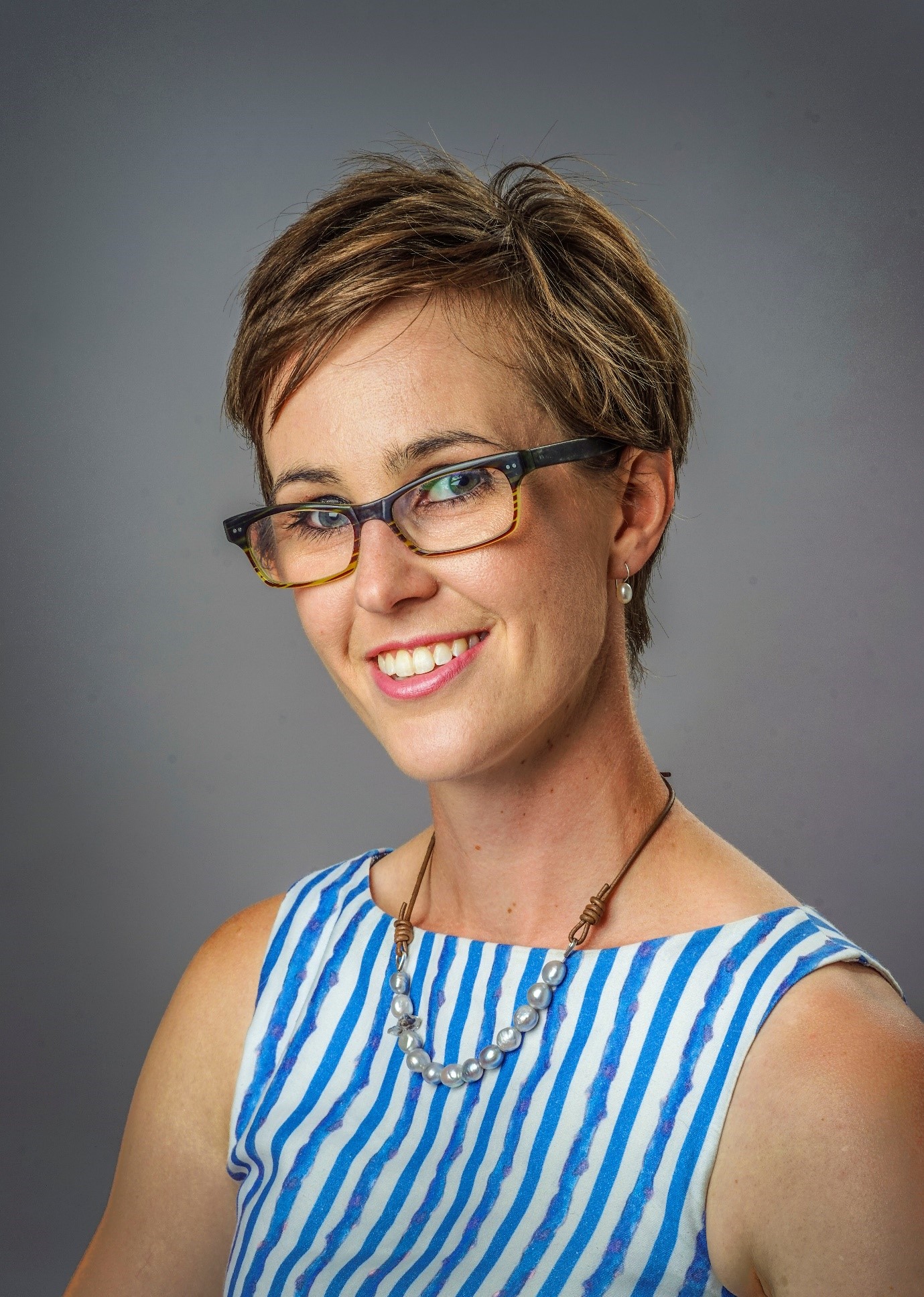meet the judges of the 2018 rachel funari prize for fiction: margot mcgovern

Image: Supplied
Over the next few weeks, we’ll be introducing you to our stellar line-up of judges for the 2018 Rachel Funari Prize for Fiction. Today, meet YA author, Margot McGovern.
*
The Rachel Funari Prize for Fiction calls for a focus on women’s stories. What’s your view on the current state of women’s stories* in media and publishing?
There’s still a lot of work to be done, but it feels as though we’re approaching a turning point. Through movements such as #MeToo, we’re seeing women feeling supported enough to share their stories. And it seems that women’s stories are gaining more attention and respect in the Australian literary landscape too – in large part thanks to incentives, such as the Rachel Funari Prize and the Stella Prize, that are not only spotlighting women’s stories but also the way our stories have been, and in many cases still are, dismissed, overlooked or omitted.
I think the next step is seeking a greater diversity of women’s stories in our national literature.
What comes to mind when you think of our 2018 theme, ‘metamorphosis’?
As a new mum, I’ve lately been preoccupied with the metamorphosis of pregnancy and the incredible physical transformations and feats of strength women’s bodies are capable of. That said, it’s a broad theme with infinite potential and seems particularly fitting for our current climate of upheaval and change.
Are there any positive experiences from your career journey you’d like to share?
I primarily write YA and I’m continually awed by the way Australian YA authors support and celebrate each other. In particular, many of those with established careers go to great lengths to include and nurture those just starting out. People are very generous with each other and there’s a wonderful sense of community.
What are you working on in 2018?
It’s shaping up to be a strange but exciting year for me. I’m technically on maternity leave; however, my debut YA novel Neverland is being released on 2 April, so I’ve been working with the team at Penguin Random House Australia to prepare for that, and I’m hoping to get back to work on my next YA manuscript in the second half of the year.
What are you reading right now?
I’m currently reading The Centre of My Everything, a contemporary YA novel by fellow Adelaide author Allayne L Webster. I’m only a little way into it, but so far it’s a bold and gutsy read.
What’s on your To-Be-Read pile?
Ah, The Pile. It never stops growing. I have a big list of #LoveOzYA titles that have either just been released or are launching soon that I’m eager to get my hands on, including (and in no particular order) Amelia Westlake by Erin Gough, White Night by Ellie Marney, P is for Pearl by Eliza Henry-Jones and If I Tell You by Alicia Tuckerman.
What do you read to feel inspired?
Ironically, anything but the kind of story I’m working on. Lately, I’ve been drawn to non-fiction, in particular biographies of interesting, slightly obscure women.
Is there a writer or book that has influenced your work?
There are lots of incredible YA authors that I look up to, but Simmone Howell and Cath Crowley have been particularly influential. They each have a beautiful and distinct prose style and a talent for writing characters who are flawed, complex and very human.
Why have you agreed to get involved with the judging of the 2018 Rachel Funari Prize for Fiction?
It’s an honour to be involved with a prize that champions women’s stories and draws attention to new voices.
What’s the secret to writing a good short story?
A keen editing eye. I think the best short stories make the most of every word. Everything on the page is absolutely necessary.
What will you be looking for when judging the competition?
I’m hoping to find fresh voices and new perspectives.
Entries for the 2018 Rachel Funari Prize for Fiction are now OPEN and close 5pm Friday 20th April, 2018. Submit stories up to 2000 words that engage with the theme ‘metamorphosis’. For more information, click here.

Sponsors and supporters of the 2018 Rachel Funari Prize for Fiction

